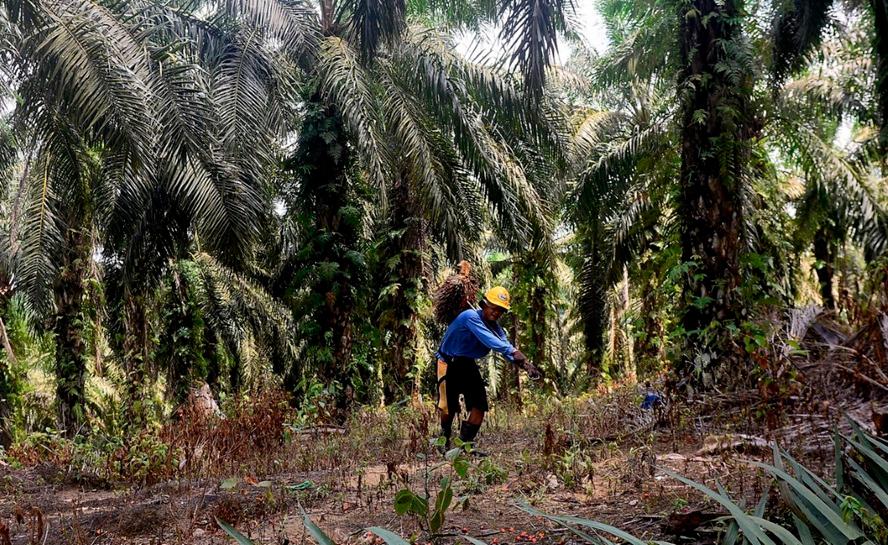KUALA LUMPUR: The government, through the Plantation and Commodities Ministry, is committed to ensuring oil palm plantations have sufficient workers so that production remains consistent and is not adversely affected.
Plantation and Commodities Minister Datuk Seri Johari Abdul Ghani said a shortage of workers could lead to palm fruits not being harvested when they ripen, which in turn would affect production.
“Additionally, for smallholders, the government will ensure they use good planting materials and adopt good agricultural practices in order to increase yields. This will help reduce production cost and boost global market demand,” he said during a question-and-answer session in the Dewan Rakyat today.
He was responding to a supplementary question by Edwin anak Banta (GPS-Selangau) about the ministry’s measures to address the decline in palm oil prices, including strategies to stabilise prices, increase demand, and explore new markets.
Johari said commodity prices cannot be fixed by any party as they depend on supply and demand. These factors, he added, are critical in ensuring that production increases and costs decrease when the fruits produced are of high value.
Meanwhile, Bakri Jamaluddin (PN-Tangga Batu) asked about the effectiveness of the Institute of Malaysian Plantation and Commodities and the Mechanisation and Automation Research Consortium of Oil Palm in reducing dependence on foreign workers.
Johari said mechanisation was introduced as a solution due to locals not being keen on working in the plantation sector.
“Since this kind of work still does not appeal to local workers, mechanisation has been introduced as a solution. Now, with the use of technology, dependence on manual labour is gradually decreasing, but it is still enough,” he said.
He added that many innovations have been introduced in the plantation sector, but some are not practical for large-scale implementation.
In addition to mechanisation, Johari stressed the importance of the replanting rate in ensuring continuous productivity.
“If we want to increase yields, we must achieve a replanting rate of at least 4%. Currently, the rate is only about 2% to 3%, which shows that many oil palm trees have reached maturity,” he said. – Bernama









